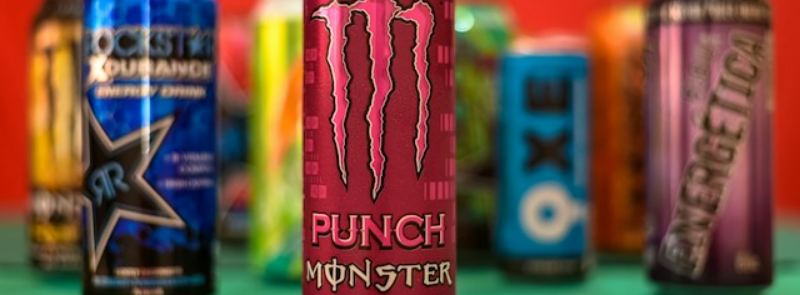
When It Occurs
Every December 21st
Timeline
Days Passed (5)
# Hashtags
#InternationalEnergyDrinkDay #EnergyDrink
International Energy Drink Day provides an excellent chance to explore diverse and intriguing flavors of energy drinks. While Red Bull and Monster are widely known, numerous other beverage manufacturers offer a broad spectrum of energy-boosting drinks with distinct flavors.
Background and Establishment
-
Origin: The exact origin and establishment of International Energy Drink Day are unclear, as it is not tied to a specific historical event or formal proclamation. Instead, it appears to have emerged organically as a way to celebrate and promote energy drinks.
-
Popularity: Energy drinks have gained popularity since the late 20th century, marketed for their ability to provide a quick energy boost through caffeine, sugars, and other ingredients like taurine and B vitamins.
Objectives
-
Promotion and Marketing: International Energy Drink Day serves as an opportunity for energy drink manufacturers, retailers, and enthusiasts to promote their products and engage with consumers through special promotions, discounts, and events.
-
Awareness: It aims to raise awareness about the variety of energy drinks available, their ingredients, potential effects, and consumer choices.
Themes and Activities
-
Promotional Campaigns: Energy drink brands may run special promotions, giveaways, or discounts on International Energy Drink Day to attract consumers and boost sales.
-
Educational Initiatives: Some campaigns may focus on educating consumers about the ingredients in energy drinks, their nutritional content, and responsible consumption practices.
-
Social Media Engagement: Social media platforms play a significant role in promoting International Energy Drink Day, with brands and consumers sharing their experiences, photos, and opinions about energy drinks.
Global Impact and Controversies
-
Consumer Health: Energy drinks have been subject to scrutiny due to their high caffeine content and other stimulants, which may pose health risks, especially when consumed excessively or by certain individuals like children, pregnant women, and those with underlying health conditions.
-
Regulatory Concerns: Some countries have imposed regulations on the sale and marketing of energy drinks, including age restrictions, labeling requirements, and limits on caffeine content.
-
Market Growth: Despite controversies, the energy drink market continues to grow globally, driven by consumer demand for convenience, alertness, and energy enhancement.
Calls to Action
-
Consumer Awareness: Encourage consumers to make informed choices about energy drink consumption, considering factors like health risks, caffeine sensitivity, and alternative sources of energy.
-
Regulatory Advocacy: Support efforts to strengthen regulations and guidelines for the manufacturing, labeling, and marketing of energy drinks to protect consumer health and safety.
Future Directions
-
Product Innovation: Focus on developing energy drinks with safer ingredients, reduced sugar content, and innovative formulations to meet changing consumer preferences and health concerns.
-
Health Education: Promote education campaigns that highlight the potential health risks of excessive energy drink consumption and encourage moderation and responsible use.
Conclusion
International Energy Drink Day celebrates the global popularity and consumer appeal of energy drinks, despite ongoing debates about their health implications. By promoting awareness, responsible consumption practices, and regulatory oversight, stakeholders can work towards ensuring that energy drinks continue to be enjoyed safely by consumers worldwide.


